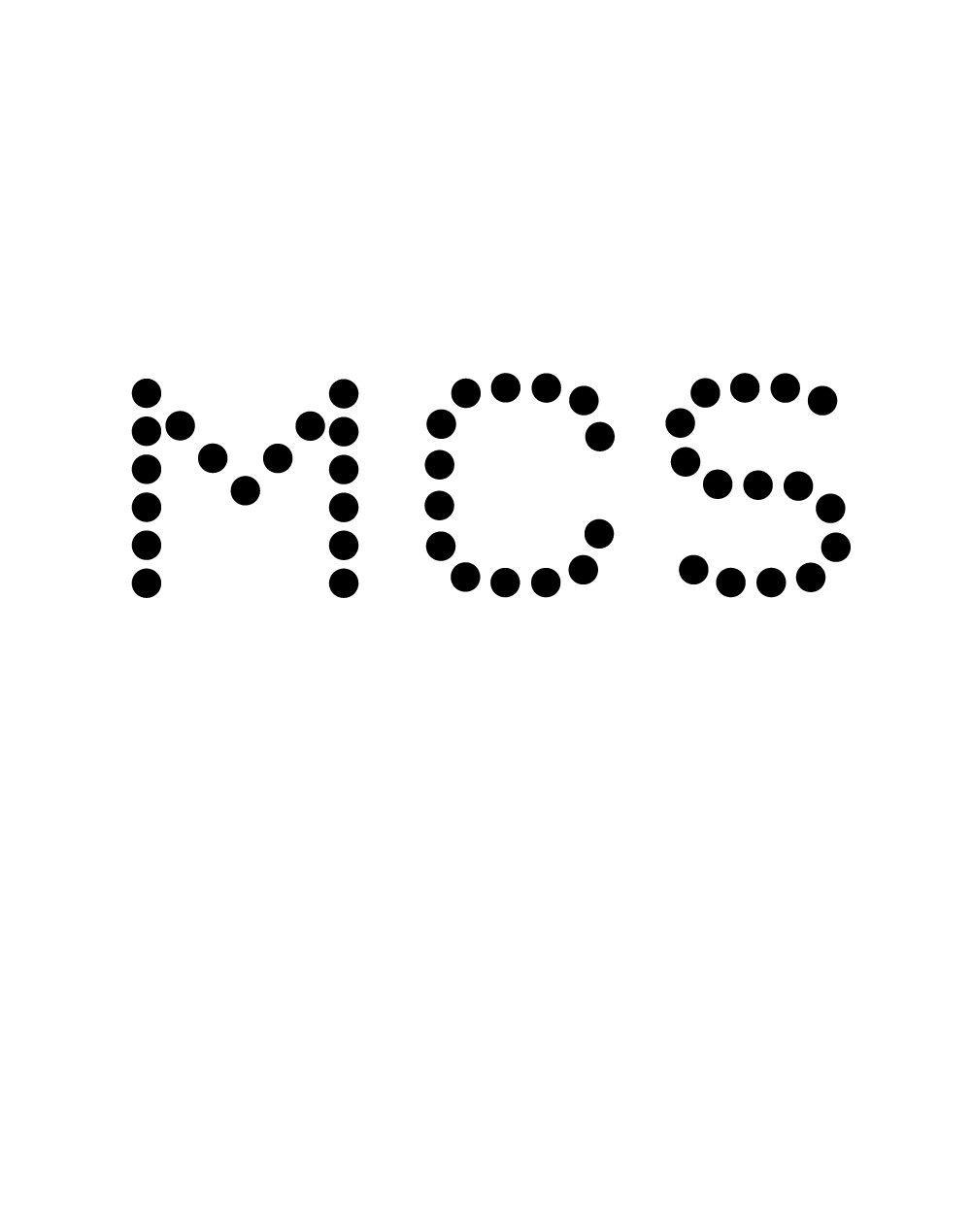In the UK, with our current centralised energy distribution system, consumers must pay a cost per unit (known as kilowatt hours or kWh) along with the costs associated with the production and distribution; some of which can be included in the kWh unit figures or a separate fixed standing charge. However, recent moves towards decentralisation of energy and bi-directional energy flow represent changes to this traditional one-way model of generator to consumer. Through solar, battery and ‘smart’ technologies consumers and businesses are now able to harness their energy production in a way that they could not do before. We are moving towards a model whereby the consumer can choose when to use, store and – in theory – sell their energy. This turns the current model of distribution upside-down and legislation in the UK and worldwide is having to adapt to fit with these changing arrangements.
The Feed-in Tariffs (FIT) scheme is a government programme designed to promote the uptake of renewable and low-carbon electricity generation technologies. Introduced on 1 April 2010 the scheme requires participating licensed electricity suppliers to make payments to consumers and companies with solar panels on both generation and export from eligible installations. It has now been confirmed that the FIT scheme will be closed to new applicants from 1 April 2019. In November 2018 Claire Perry (Energy Minister) signalled a shift on export tariff plans and declared it was “wrong to provide solar for free”. Furthermore, on 8 January 2019 the Department for Business, Energy and Industrial Strategy published a further consultation on a ‘Smart Export Guarantee’ (1) under which government would legislate for suppliers to remunerate small-scale low-carbon generators for the electricity they export to the grid. However, it looks unlikely that any direct replacement for the FIT or an export tariff will be in place for April 2019 meaning consumers may be giving excess energy back to the grid for free. When businesses and homeowners pay a ‘unit’ charge for any energy they consume, renewable energy producers providing usable energy without recompense is troubling.
One country which has experienced even more controversy in terms of renewable energy models is Spain. The so-called ‘sun tax’ law of 2012 was implemented by the government of Mariano Rajoy in 2012. It has been heavily criticised as it charged Spanish homes fitted with solar panels an additional tax of 7% to remain connected to Spain’s electricity grid should the solar panels not produce enough energy. According to Spanish energy experts, the average family with three solar panels fitted to their home paid around EUR 70 each month to remain connected to the grid. Last October Pedro Sanchez’s government announced that it would scrap the controversial levy making it cheaper for consumers to erect solar panels for their own use. Energy and Environment Minister Teresa Ribera said: “This country is finally freeing itself from the great absurdity, scorned by most international observers, that is the ‘sun tax’”.
The wider ethics of who should decide how and where energy can be sold are still subject of debate. Consumers are becoming producers, producers are becoming consumers – the term “prosumer” has been used to describe these people – and the ethics of who should ultimately benefit from these changing models looks unlikely to be solved in the immediate future. In the meantime, the move to decentralisation continues apace and technologies such as solar look likely to remain fundamental to this energy revolution.
(1) GOV.UK. (2019). The future for small-scale low-carbon generation. [online] https://www.gov.uk/government/consultations/the-future-for-small-scale-low-carbon-generation [Accessed 4 Mar. 2019].






